The Su-27: A Jet That Redefined Air Dominance
The Sukhoi Su-27 is a Soviet-designed, fourth-generation, multirole fighter aircraft that was first introduced in 1985. Developed by the Sukhoi Design Bureau, the Su-27 was created as a response to the United States' F-15 Eagle, with the aim of achieving air superiority and providing long-range interception capabilities. Here's an overview of the aircraft:
Key Features:
Design and Appearance:
- The Su-27 has a sleek, aerodynamic design with a high-mounted wing, twin-engine configuration, and a large fuselage.
- The aircraft features advanced aerodynamics, including an all-moving tailplane, allowing it excellent agility and maneuverability in aerial combat.
Performance:
- Top Speed: Mach 2.35 (around 2,500 km/h or 1,550 mph).
- Range: 3,530 km (2,194 miles) with internal fuel, and can be extended with external fuel tanks.
- Service Ceiling: 18,000 meters (59,000 feet).
- Combat Radius: Around 1,000 km with a typical load of air-to-air missiles.
Avionics:
- The Su-27 is equipped with a sophisticated radar system, such as the N-001 (also known as the Zhuk) radar, enabling it to track multiple targets simultaneously.
- It has a digital fly-by-wire system, which improves stability and maneuverability.
- The cockpit is designed for ease of use with a HUD (Head-Up Display), MFDs (Multi-Function Displays), and a modern avionics suite for improved situational awareness.
Weapons:
- The Su-27 can carry a variety of air-to-air and air-to-ground munitions, including R-27, R-73, and R-77 air-to-air missiles.
- It has a 30mm GSh-30-1 cannon for close-range combat.
- External hardpoints allow it to carry bombs, rockets, and external fuel tanks.
Maneuverability:
- The Su-27 is renowned for its exceptional agility and can perform advanced maneuvers, including the "Pugachev's Cobra," a high-angle-of-attack maneuver that causes the aircraft to temporarily stall but regain control instantly, giving it an advantage in dogfights.
- The aircraft is highly capable in both beyond-visual-range and close-quarters combat.
Variants:
- Su-27P – Air defense version, optimized for air superiority.
- Su-27UB – Two-seat trainer version.
- Su-30 – A multirole version that adds additional avionics, enhanced weapon systems, and greater multirole flexibility.
- Su-33 – Naval version, designed for carrier operations with folding wings and reinforced landing gear.
- Su-35 – An upgraded version with improved avionics, engines, and thrust vectoring capabilities, making it one of the most advanced Russian fighters.
Role:
- The Su-27 primarily serves as an air superiority fighter, designed to gain control of the skies through air-to-air combat.
- It can also perform ground-attack and multirole missions, especially in its later variants (like the Su-30 and Su-35).
Operators:
- The Su-27 has been widely used by the Russian Air Force and many former Soviet states. It has also been exported to several countries worldwide, including China, India, and Vietnam.
Legacy:
- The Su-27’s design inspired a number of derivative aircraft, including the Su-30, Su-33, Su-34, and Su-35. Its successful combination of performance, versatility, and maneuverability has cemented it as one of the most capable and iconic fighter aircraft of its generation.
Specifications
General Characteristics
- Created On Android
- Wingspan 50.8ft (15.5m)
- Length 77.5ft (23.6m)
- Height 20.5ft (6.2m)
- Empty Weight 32,119lbs (14,569kg)
- Loaded Weight 71,699lbs (32,522kg)
Performance
- Power/Weight Ratio 3.291
- Wing Loading 88.6lbs/ft2 (432.5kg/m2)
- Wing Area 809.3ft2 (75.2m2)
- Drag Points 8999
Parts
- Number of Parts 176
- Control Surfaces 8
- Performance Cost 1,191

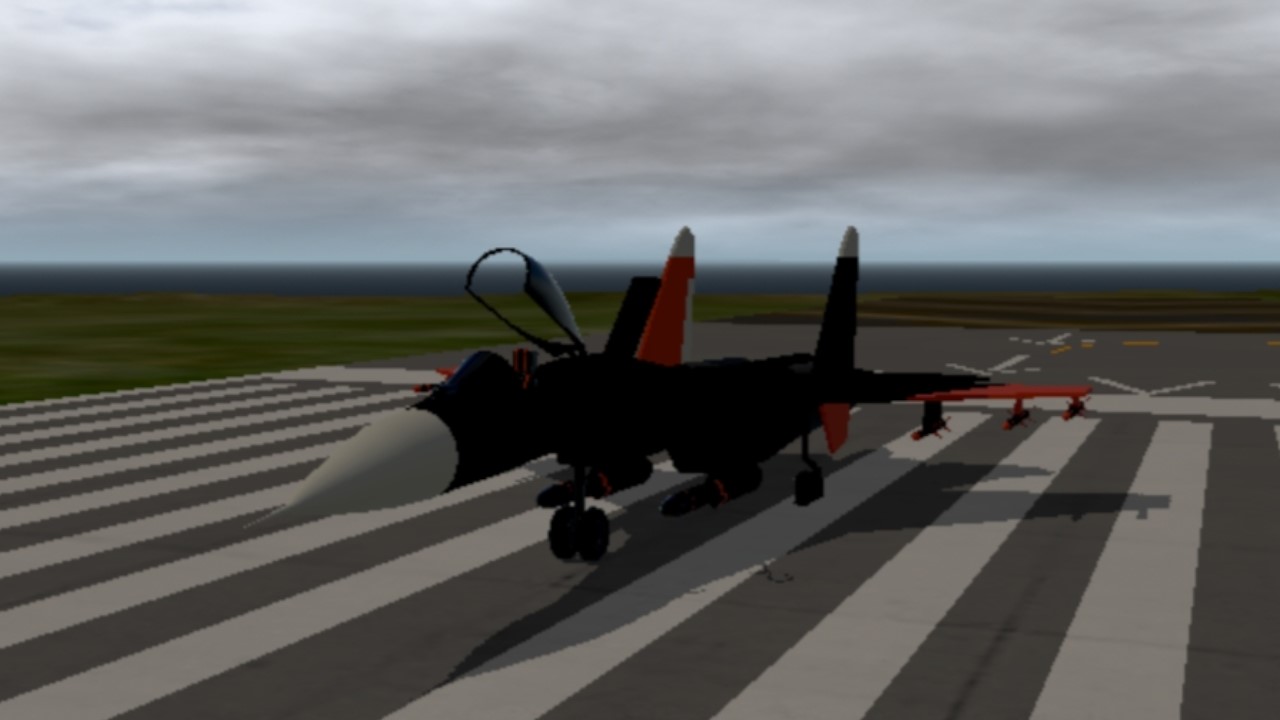
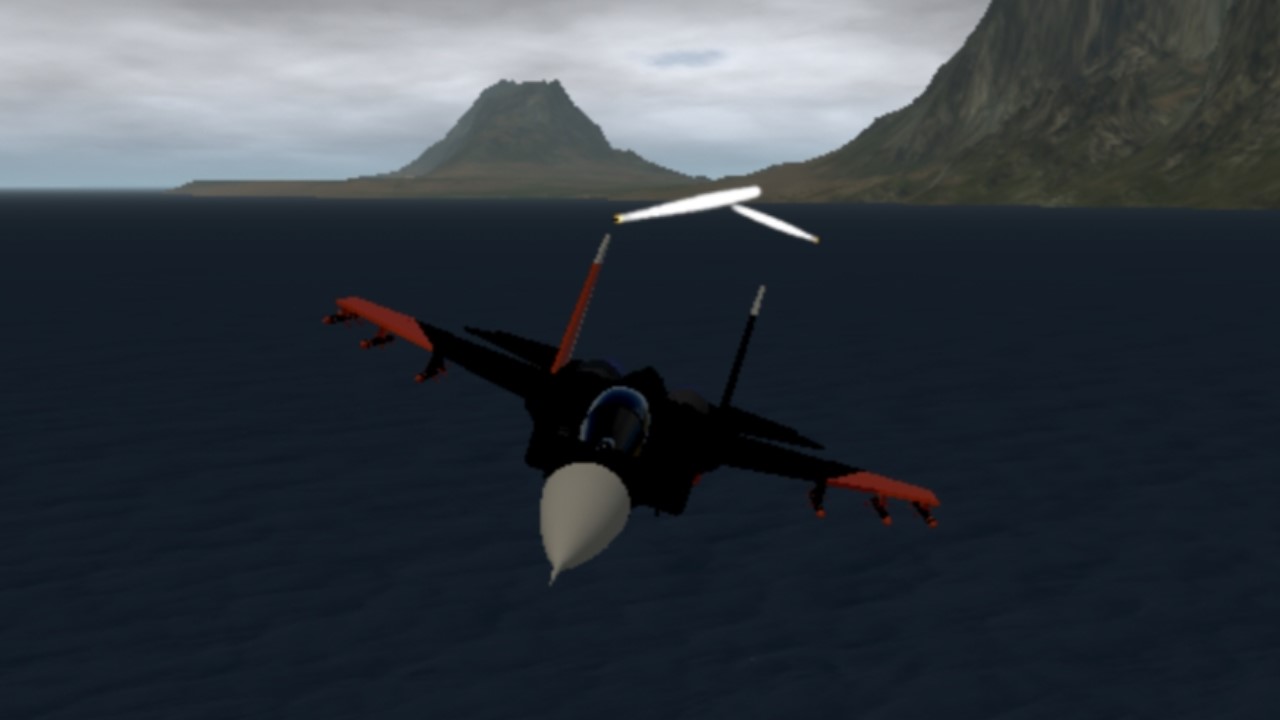
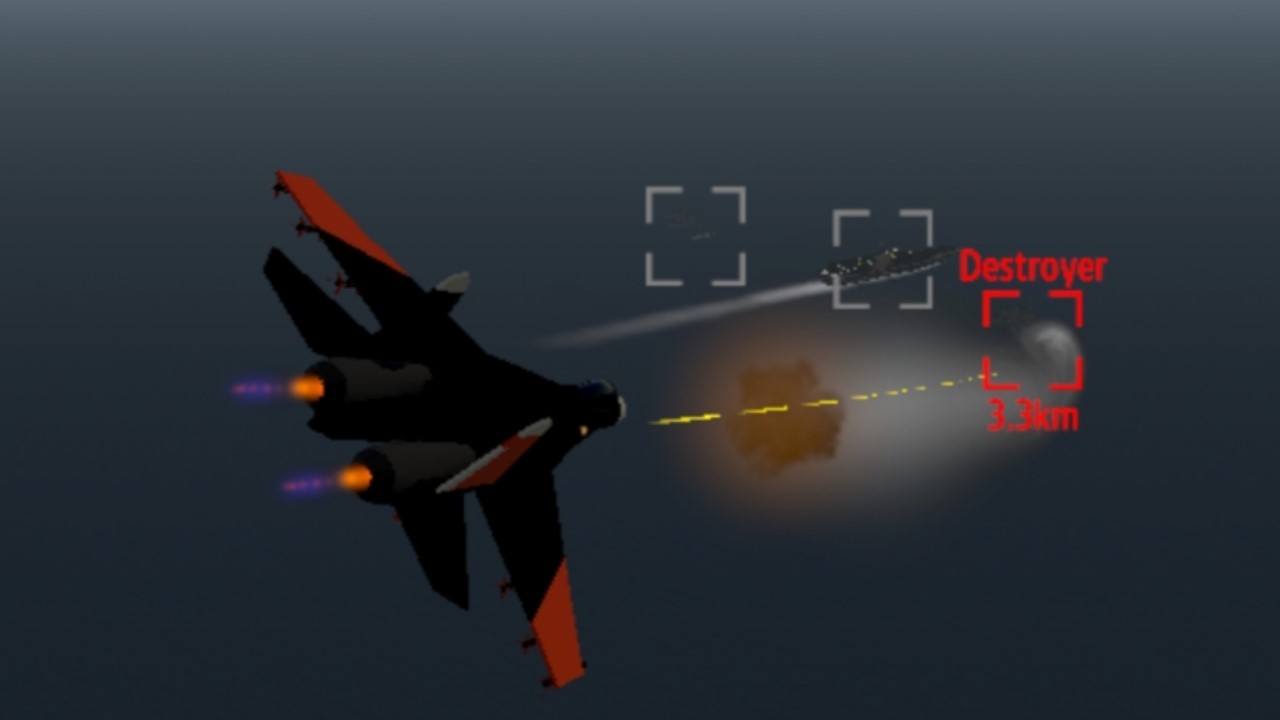
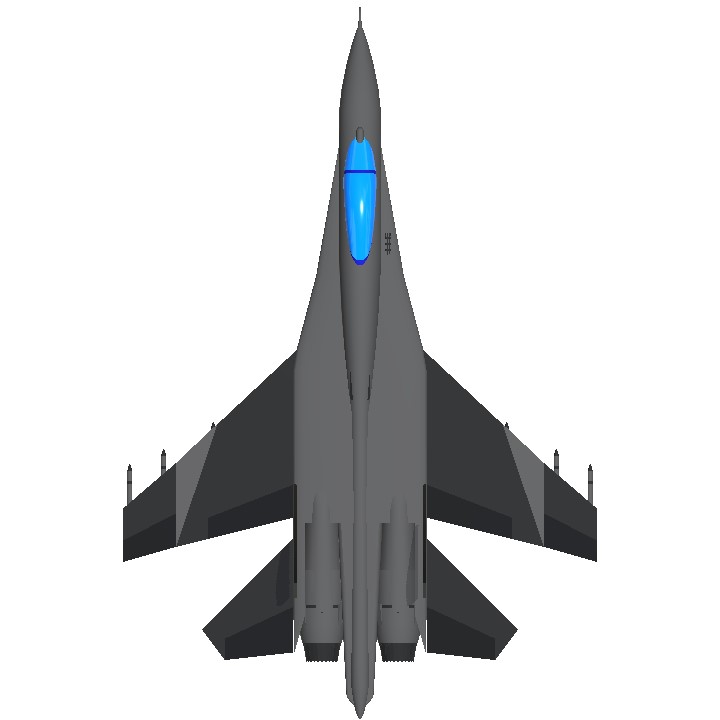
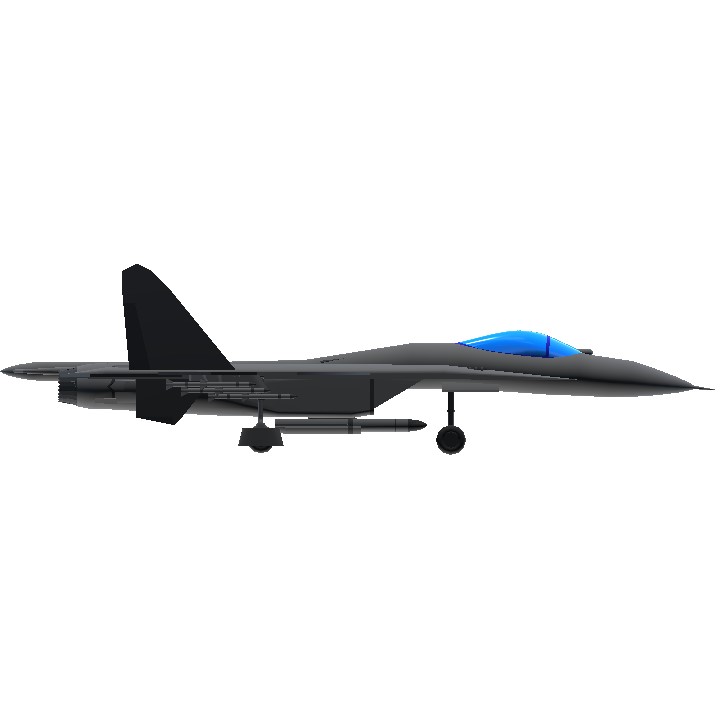
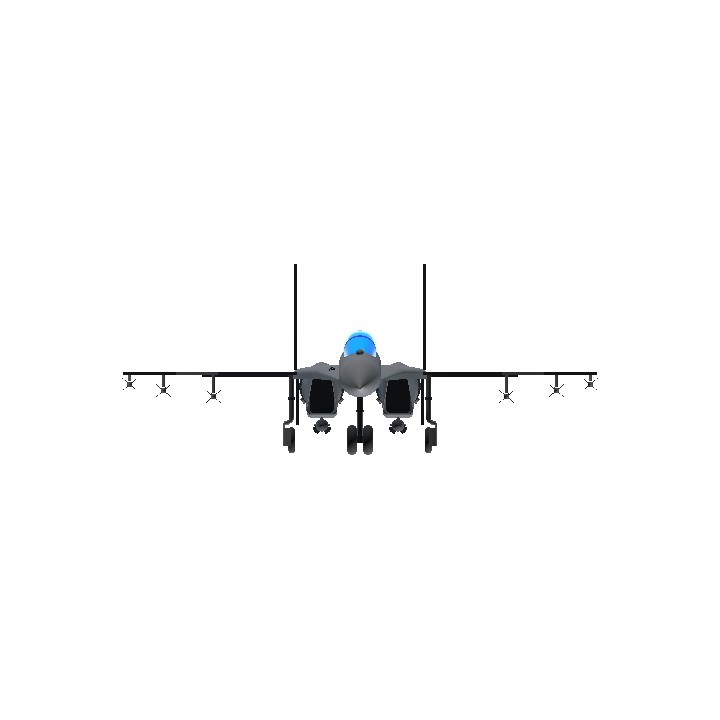
Looking great!
cool
Me when I want to understand the enemy:
1: @MiGFOXHOUND31BSM26
2: @cooldude321
3: @spsidearm
4: @Eagleman101SP